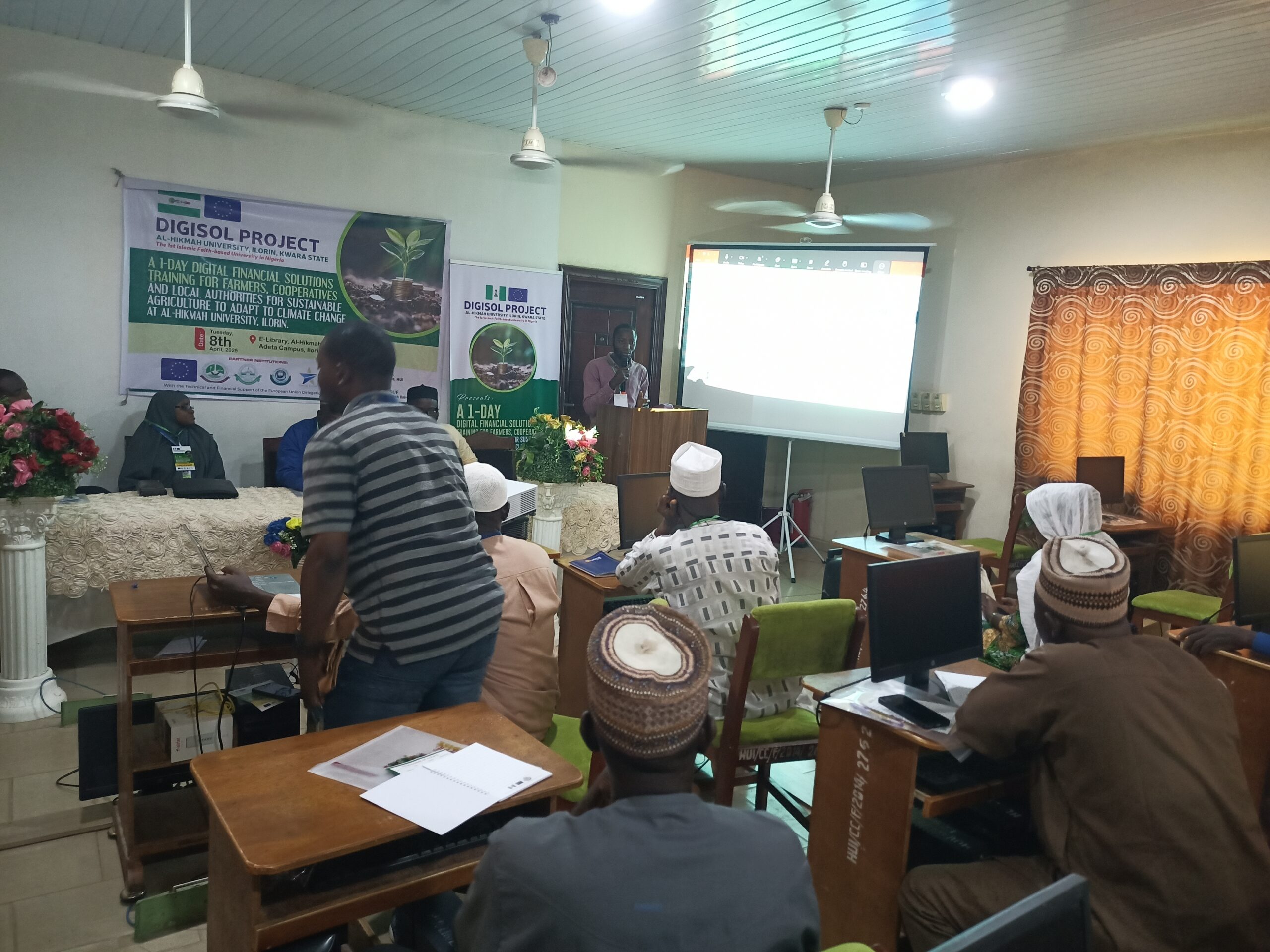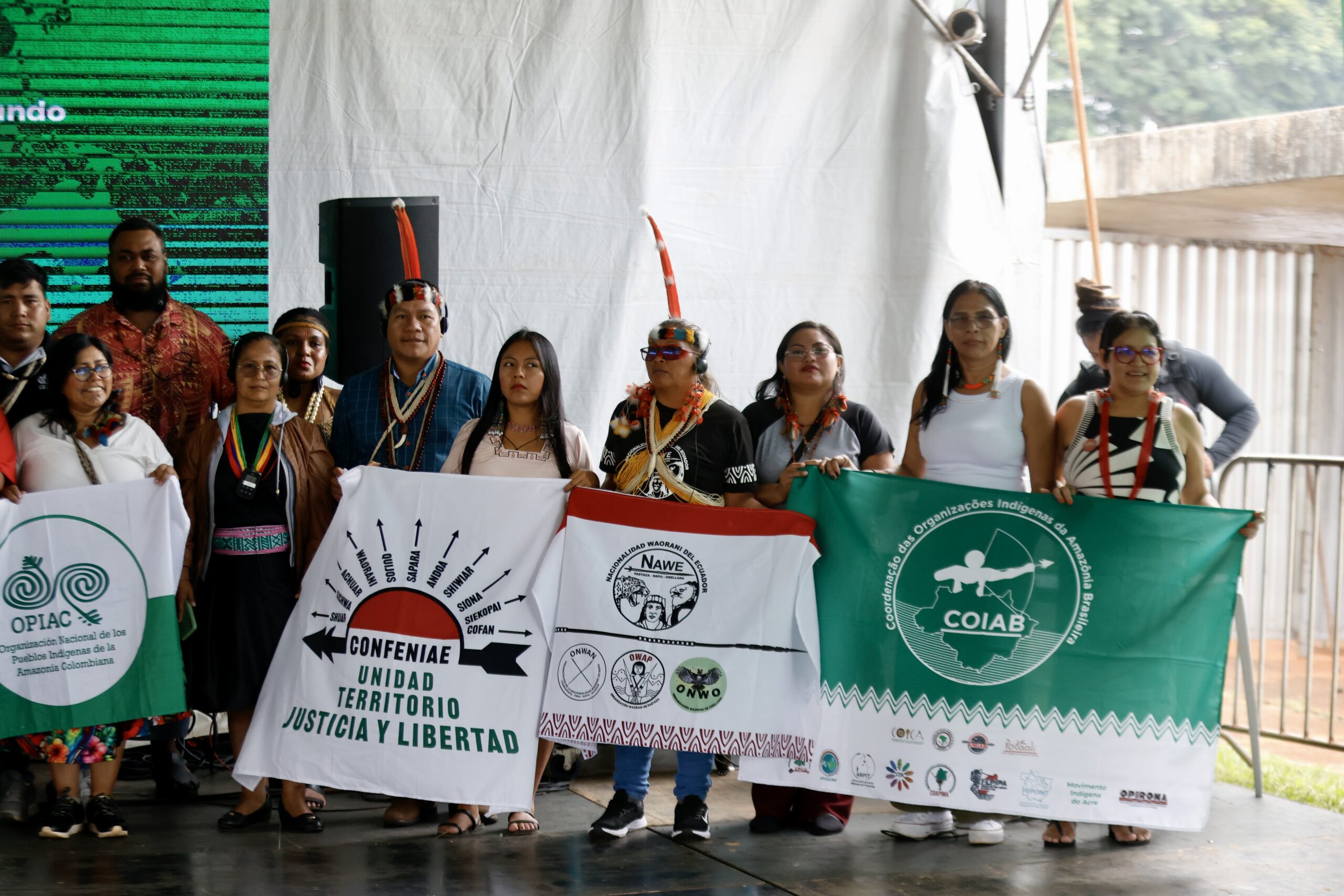According to the National Forestry Authority (NFA), the country is experiencing a high rate of deforestation, with estimates indicating that 80,000 hectares of forest are lost annually, placing Uganda among the countries with the highest deforestation rates globally.
Across the world forests have been lost for all kind of reasons, through human activities such as unsustainable logging, agricultural expansion, and infrastructure developments. Some forest lands have been converted into mines and farm lands.
Uganda has experienced a significant loss in the forest cover, according to Global Forest Watch Uganda has lost over 23 percent of its tree cover from 2000 to 2020.
According to the National Forestry Authority (NFA), the country is experiencing a high rate of deforestation, with estimates indicating that 80,000 hectares of forest are lost annually, placing Uganda among the countries with the highest deforestation rates globally.
Other factors like agriculture expansion, urbanisation, industrialisation, rapid population growth, wildfires are also associated with the loss of the forest cover, which would exacerbate climate change like increase in carbon emissions and the decline of the crucial and under-appreciated carbon sink.
Forests regulate rainfall by converting the incoming solar energy into water vapour through evapotranspiration and this stabilises local climate, helping to minimise the extreme weather events. Forests play an outsize role in both climate mitigation and adaptation.
Forests are part of the natural land carbon sink that absorb a large share of the emitted carbon dioxide, thereby helping to keep warming much lower than it would be in the absence of this natural sink effect.
We, therefore, need to prevent deforestation and rehabilitate the natural forests since they act as a stabilising force for the environment as they protect biodiversity as they regulate ecosystems, and play an integral role in the carbon cycle and support livelihoods.
Improving forest management and reforming plantation management have role to play by reducing pressure and increasing the protection of primary natural forests.
Forests are one of the most important eco systems on earth, they provide habitat to about 80 percent of the world’s land dwelling species.
They support life on earth by filtering air and water, essential for food security, economically valuable, natural carbon sink and sustain the environment.
Therefore, through restoration of the forests there are direct benefits such as improved water quality, food security, tourism and ecotourism, improved diversity, medicine, improved air quality, improved soil health, wild fruits and vegetables, natural buffers by shielding communities from extreme weather events like droughts, floods, soil erosion and landslides etc.
Sustainable forest management makes it possible for nature, communities and economies to thrive.
The joint climate and biodiversity action to protect forests is needed at all levels and can be bolstered by the goals of the Paris Agreement and Kunming –Montreal global biodiversity framework. Therefore we can protects forests in Uganda through:
Bringing in focus policy and financial incentives for protecting forests, through putting policies and funding mechanisms that prioritise the protection of primary forests. There is need for adequate and sufficient financing towards sustainable practices that protect the primary forests.
Giving indigenous people land tenure rights since they play a big role in preventing deforestation and conserving biodiversity.
Clear tenure rights empower communities to make long- term decisions about their land, they are more likely to invest in land conservation and implement the sustainable agricultural practices, for example agroforestry, crop rotation and agro ecological practices that maintain soil fertility and structure.
Restoration of the degraded land of the natural forests through reforestation and afforestation, planting of trees in places where they historically existed and where they grow into healthy forests. When restoration is done, in partnership with local communities it has tremendous benefits for both people and nature.
Engagement of indigenous local communities is crucial in restoration and protection of the forests
Forest management can be improved by taking care of the forests in a way that improves climate change resilience and reduces carbon emissions through practices like climate- smart forestry, fire management, urban forestry, reducing the impacts of pests and pathogens.
It is, therefore, important that all stake holders must play an active role in restoring the tree cover and protecting forests in Uganda
By Modern Gumisiriza








